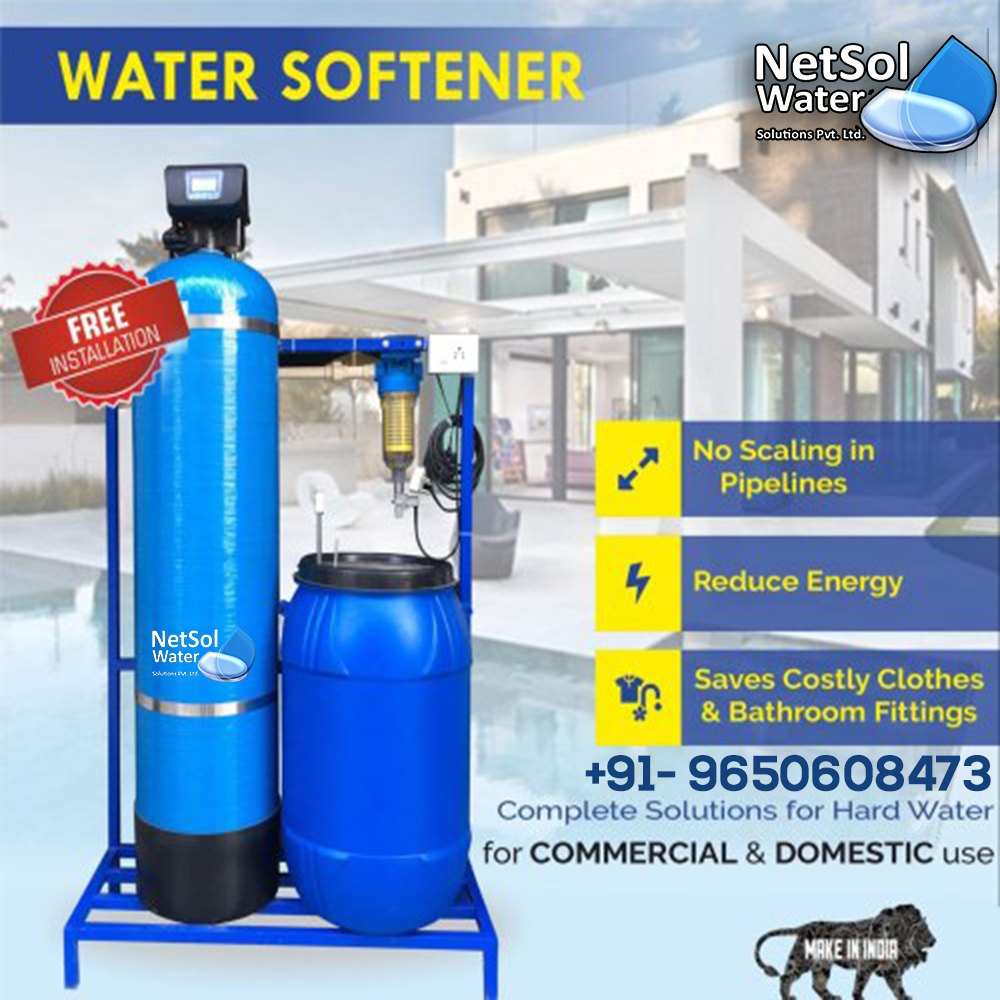How to add sodium and potassium in Water with help of Water Softener?
What separates sodium chloride and potassium chloride water softeners is the minerals that are reintroduced into your water.
Ion exchange happens in both potassium chloride and sodium chloride water softener systems, and the minerals trade positions to remove magnesium and calcium. The main difference is that with a potassium chloride softener, you'll be drinking potassium, whereas with a sodium chloride softener, you'll be drinking salt. When opposed to a sodium chloride system, the benefits of a potassium chloride system are obvious: you avoid swallowing sodium-heavy water on a regular basis by picking a different mineral, which is significant for many consumers. However, you must pay for the advantages financially: a bag of potassium chloride for your softener costs almost five times as much as a bag of sodium chloride of comparable size. Furthermore, a potassium chloride system requires three times the amount of potassium to regenerate than a sodium chloride system. Potassium-based systems are extremely expensive to operate when the higher amounts are combined with the inflated price per bag.
Most significantly, potassium chloride softeners work in the same way as sodium chloride softeners do. In Softeners based on potassium chloride,
-A lot of water is wasted.
-Produce brine, which is harmful to the water supply.
-Chlorine should not be removed.
-To eliminate impurities from your drinking water, you'll need an additional filter system.
Because potassium chloride softeners do not add sodium to your water, they are advertised as "salt-free" or "sodium-free." They are, however, adding a'salt' to your water in the form of potassium and chloride (versus sodium and chloride). When utilising Potassium, the detrimental effects of chloride discharge on the environment are the same as when using Sodium. They both still have all of the drawbacks that come with salt-based water softeners.
Potassium Chloride, is an alternative to "Softener Salt" or Sodium Chloride. This is one of the "salt-free softening" options you've probably heard about while using a water softener.Both products work on the same principles, which you can read about here.
Hard water ions are gathered in the softening resin as hard water passes through the water softener. In exchange, depending on which one you use, sodium or potassium will be released into the water.
Professional Recommendation for Water Treatment
Potassium is not on my list of recommended water treatment products because of its high cost and relative inefficiency. We always search for the highest performance and value for our customers.
Potassium intake is definitely preferable to sodium intake. However, due to the high cost and poor effectiveness of some water softener, we would not use it as a source of potassium. There are some more potassium-rich foods and one must switch to them instead of searching them in water by the use of salts.


_And_(K)_same_in_water_softening.jpg)

